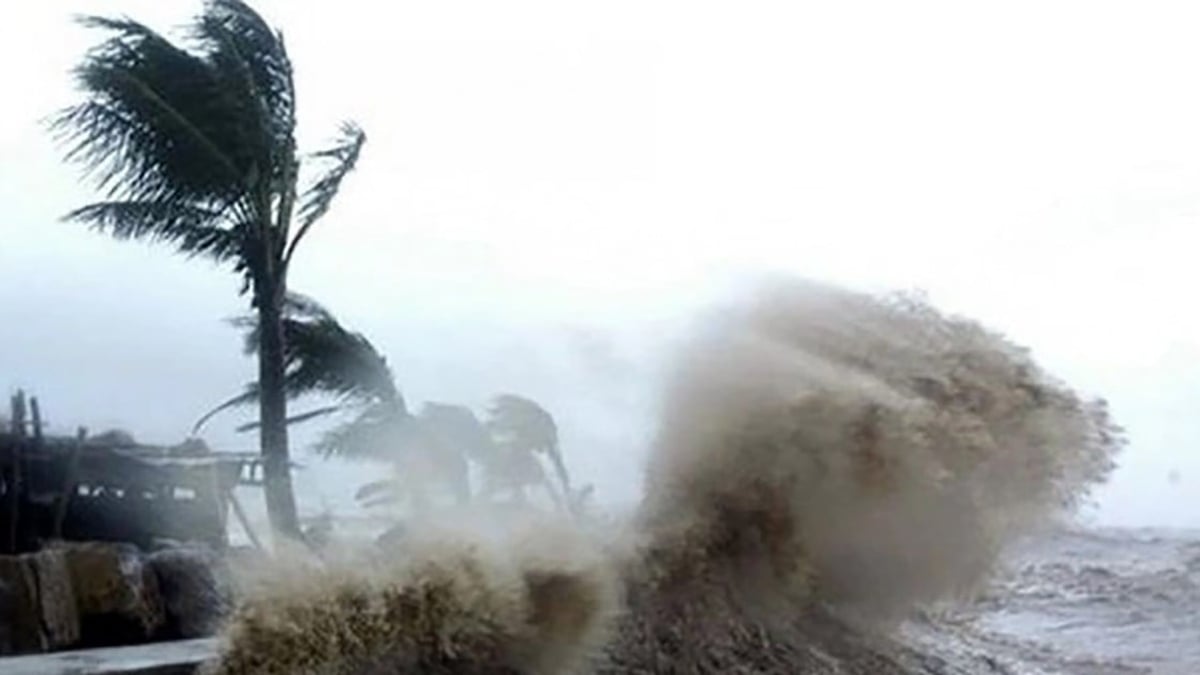Sensational, highly detailed images have flooded Twitter and other social media platforms in recent days, amid reports that Mr Trump could face criminal charges and the International Criminal Court has issued an arrest warrant for Russian President Vladimir Putin.

Fake images of Mr. Trump flooded Twitter. Photo: Reuters
But none of those images are real. The images — and the many variations that litter social media — are created using increasingly sophisticated and widely available image generators powered by artificial intelligence.
Fake news experts warn that the images are a harbinger of a new reality: a wave of fake photos and videos flooding social media after major news events, further blurring fact and fiction at socially important moments.
“You gradually lose trust in the system and the information you're getting,” said Jevin West, a professor at the University of Washington in Seattle.
AI imaging tools from Midjourney, DALL-E, and others can quickly generate complete images at scale with just a few simple text prompts from the user.
Images of Mr. Trump being arrested by the police, created by AI, have been shared and recorded tens of thousands of "Likes".
Higgins, who was also behind the series of photos of Putin being arrested, put on trial and then jailed, said he had no malicious intent when he posted the photos. He even explicitly stated in his Twitter thread that the images were generated by AI.
Still, the images were enough to get him banned from Midjourney. Higgins points out that the images are far from perfect: In some, Trump is seen wearing a police belt in an odd way. In others, his face and hands are visibly disfigured.
With synthetic images becoming increasingly difficult to distinguish from reality, the best way to combat visual misinformation is to raise awareness andeducate the public, experts say.
Higgins suggests that social media companies could focus on developing technology to detect AI-generated imagery and integrate it into their platforms.
Arthur Holland Michel, a fellow at the Carnegie Council on Ethics in International Affairs in New York who focuses on emerging technologies, said he worries the world is not ready for the coming “cataclysm.”
“From a policy perspective, I’m not sure we’re prepared to deal with this scale of disinformation at every level of society,” Michel wrote in an email.
Mai Anh (according to AP, Reuters)
Source









![[Video] More than 100 universities announce tuition fees for the 2025–2026 academic year](https://vphoto.vietnam.vn/thumb/1200x675/vietnam/resource/IMAGE/2025/7/18/7eacdc721552429494cf919b3a65b42e)




















































































![[Infographic] In 2025, 47 products will achieve national OCOP](https://vphoto.vietnam.vn/thumb/402x226/vietnam/resource/IMAGE/2025/7/16/5d672398b0744db3ab920e05db8e5b7d)





Comment (0)